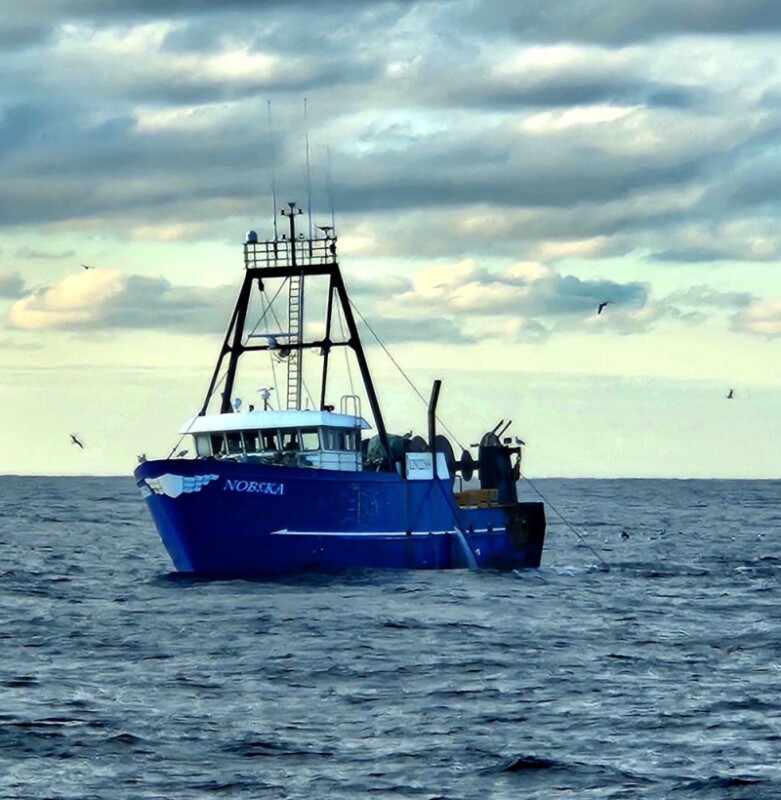Massachusetts is calling on federal regulators to act swiftly to ensure the 2025 commercial groundfish season opens on time. On April 15, Tom O’Shea, commissioner of the Massachusetts Department of Fish and Game, sent a letter to U.S. Secretary of Commerce Howard Lutnick urging immediate regulatory action to authorize the May 1 start date.
“Without fishing measures, federal fishing vessels from ports of Gloucester south to New Bedford will be tied up with no opportunity to sustain their businesses,” O’Shea wrote in the letter.
The Northeast multispecies (groundfish) fishery is jointly managed by NOAA Fisheries and the New England Fishery Management Council (NEFMC) under the Northeast Multispecies Fishery Management Plan. The plan governs thirteen species, including iconic New England stocks like Atlantic cod, haddock, halibut, and winter flounder. However, to legally land and possess these fish, federal regulations must be in place to start the fishing year on May 1.
If the Department of Commerce does not act in time, federal groundfish vessels in Massachusetts will be effectively shut out of the fishery, causing serious economic disruptions across the state’s fishing ports. “The impacts will be particularly acute in Gloucester, New Bedford, and Boston, where our federal groundfish permit holders are concentrated,” the Department of Fish and Game warned in a separate briefing.
In 2023, the state’s groundfish fleet landed over 34 million pounds with an ex-vessel value of $44.6 million. Gloucester accounted for nearly 12 million pounds, while New Bedford brought in over 13 million. Groundfish landings remain a crucial component of the state’s commercial fishing economy, particularly for ports that have historically depended on groundfish.
O’Shea’s letter acknowledges the legal concerns surrounding the ongoing transition of the Atlantic cod stock structure from two stocks to four, as outlined in Amendment 25. He also flags a major shift in Georges Bank haddock assessment, which he says may not reflect the true distribution of biomass where the U.S. fleet actually operates.
“It is my understanding that this new method applied 100 percent of the biomass into the eastern shared area with Canada,” O’Shea stated. “The method was based on survey data that occurs wholly outside of where the commercial fleet is active.”
To avoid a delayed season, O’Shea recommends implementing fishing measures for all groundfish stocks under Framework Adjustment 69, excluding Atlantic cod for now. For cod, he proposes a reduced catch level in Fishing Year 2025 while regulators work toward “a reasonable and sustainable outcome to any transition.”
He also urged NOAA Fisheries to seek a solution that addresses Georges Bank haddock issues for the upcoming year.
Commercial fishing remains a bedrock of the Bay State’s economy and coastal identity. The Massachusetts blue economy generated $8.3 billion and supported 87,000 jobs in 2021. The state landed $670 million worth of seafood in 2022, with New Bedford holding the title of highest-value fishing port in the U.S. for the 22nd consecutive year.
The clock is ticking, and boats will be tied to the dock and livelihoods put on hold without federal action. For the communities that rely on ground fishing, an on-time season isn’t just about a start date- it’s about survival.







